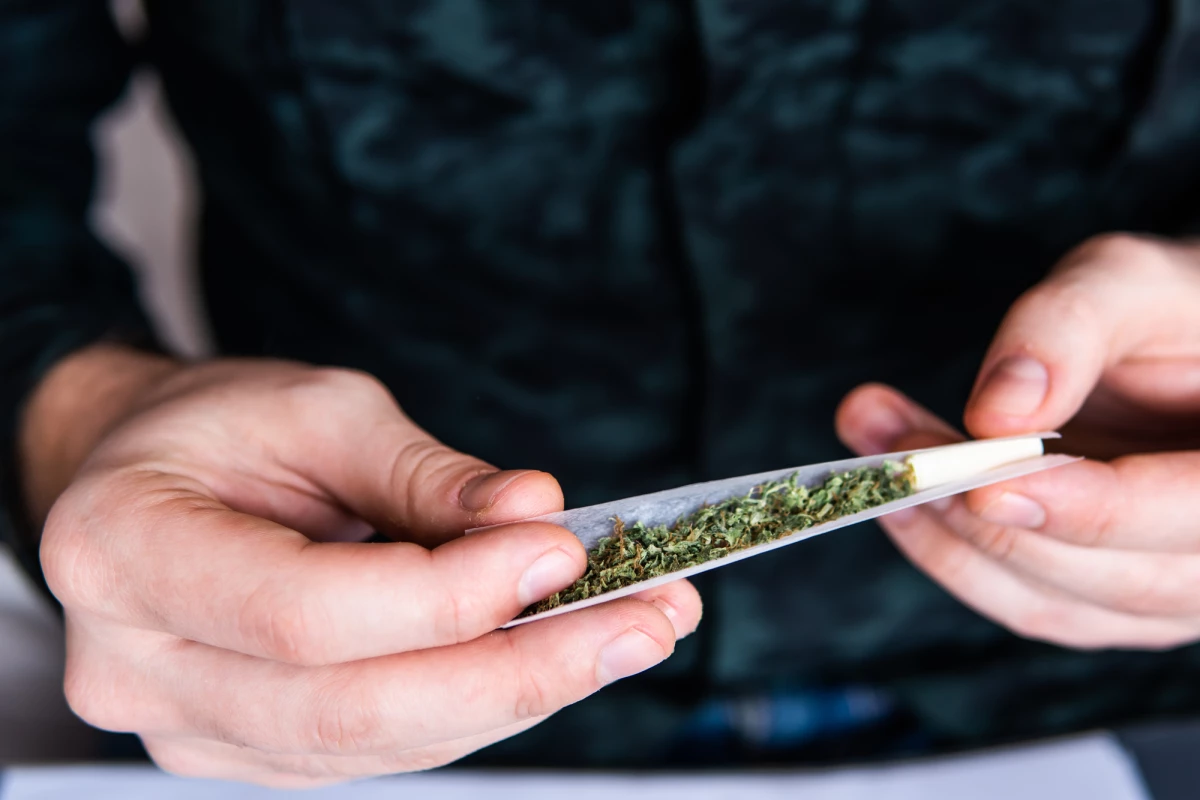A new study has found that a majority of medical cannabis users suffering from insomnia and poor-quality sleep are ditching conventional over-the-counter and prescription sleep aids in favor of using the drug to treat sleep-related problems.
Despite the US Centers for Disease Control and Prevention (CDC) recommending that adults get seven or more hours of sleep a night, acute and chronic insomnia are very common. Some studies have found that insomnia affects 10% to 30% of the global population, with others putting the rate as high as 50% to 60%. Poor sleep has been linked to dementia, cardiovascular disease, and increased risk of death from chronic illness.
In the US, a rise in insomnia and poor sleep quality has led to increased use of over-the-counter meds like melatonin and prescription sleep aids like benzodiazepines, which are associated with a high potential for addiction and possess undesirable side effects like drowsiness, decreased concentration, and memory impairment. However, emerging evidence suggests that many adults are turning to cannabis to improve their sleep.
A new study by researchers at Washington State University (WSU) has explored how and why medical cannabis users are taking the drug to improve sleep and how it has affected their use of conventional sleep aids.
“In general, the use of cannabis for sleep-related issues was perceived as more advantageous than over-the-counter medications or prescription sleep aids,” said Carrie Cuttler, corresponding author of the study. “Unlike long-acting sedatives and alcohol, cannabis was not associated with a ‘hangover’ effect, although individuals reported some lingering effects such as sleepiness and changes in mood.”
The researchers recruited 1,216 cannabis users, who were predominantly (55.9%) female, ranging in age from 18 to 77. They obtained data about the participants’ sleep issues, how long they’d had them, and the frequency with which they used cannabis as a sleep aid.
A large number of the participants reported difficulty falling asleep (82.2%), feeling tired the next day (68.1%), waking during the night for no reason (67.1%), difficulty going back to sleep (61.6%), and difficulty functioning the next day due to poor sleep (53.9%). The majority (64.9%) had had sleep issues for more than five years, and 70% reported using cannabis to help with sleep for at least one year.
In terms of the forms of cannabis used, 46.1% smoked joints, 42.5% took cannabis oil, 42.6% vaped flower, 34.9% had edibles, 33.9% used a vape pen, and 14.6% took capsules containing THC. Most, 60%, preferred high THC products to help them sleep, followed by 21.7% who took a balanced combination of THC and CBD.
Of the participants, 81.8% of cannabis users reported no longer using over-the-counter or prescription sleep aids, and more than 60% reported getting six to eight hours of sleep when using cannabis alone. Less than 20% of participants reported getting the same amount of sleep while using a prescription or over-the-counter sleep aid or cannabis combined with a sleep aid.

Interestingly, 49% of participants reported seeking the terpene myrcene in the cannabis they used for sleep. Myrcene is the most abundant terpene found in cannabis. Because it’s so prevalent, myrcene synergizes with cannabinoids and other terpenes to amplify the plant’s health benefits, including analgesic, anti-inflammatory and sedative properties.
“One of the findings that surprised me was the fact that people are seeking the terpene myrcene in cannabis to assist with sleep,” Cuttler said. “There is some evidence in the scientific literature to support that myrcene may help to promote sleep, so cannabis users seemed to have figured that out on their own.”
Participants reported varying morning outcomes and side effects. Cannabis users more commonly said they felt refreshed, focused, and better able to function in the morning, along with having fewer headaches and less nausea compared to when they were using conventional sleep aids. However, cannabis users also reported feeling sleepier and more anxious and irritable the morning after, compared to other sleep aids. And they were more likely to report a dry mouth or reddened eyes.
The study has some limitations, namely a strong selection bias for people already using cannabis because they perceived it to be beneficial. Nevertheless, the researchers say the limitations are offset by several of the study’s strengths, specifically that the data were from a large sample of medical cannabis users who use a variety of cannabis products for a variety of sleep-related issues.
“Not everyone is going to find that cannabis helps with their sleep, and future research needs to employ more objective sleep measures to provide a more comprehensive understanding of the effects of cannabis for sleep,” said Cuttler.
Further research would also validate the efficacy of myrcene and other isolated compounds in cannabis for sleep that don’t have the intoxicating effects of THC.
The study was published in the journal Exploration of Medicine.
Source: WSU






